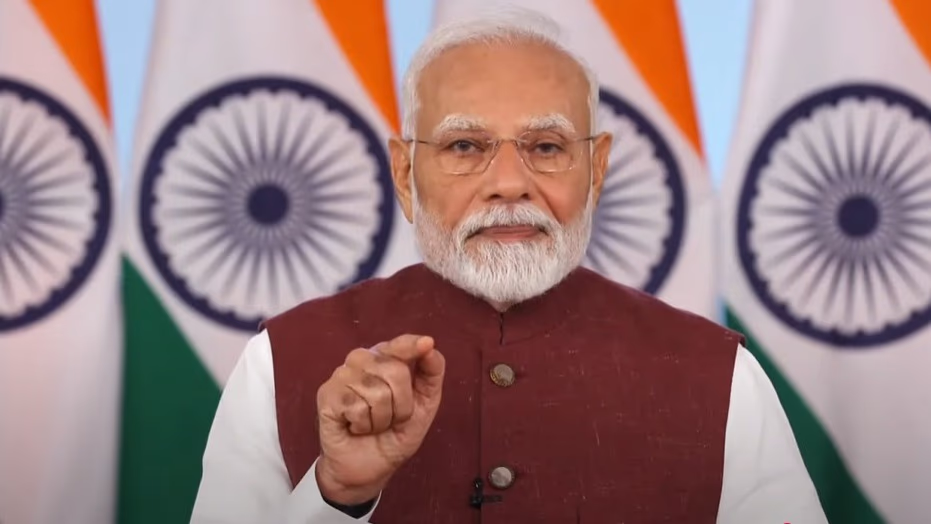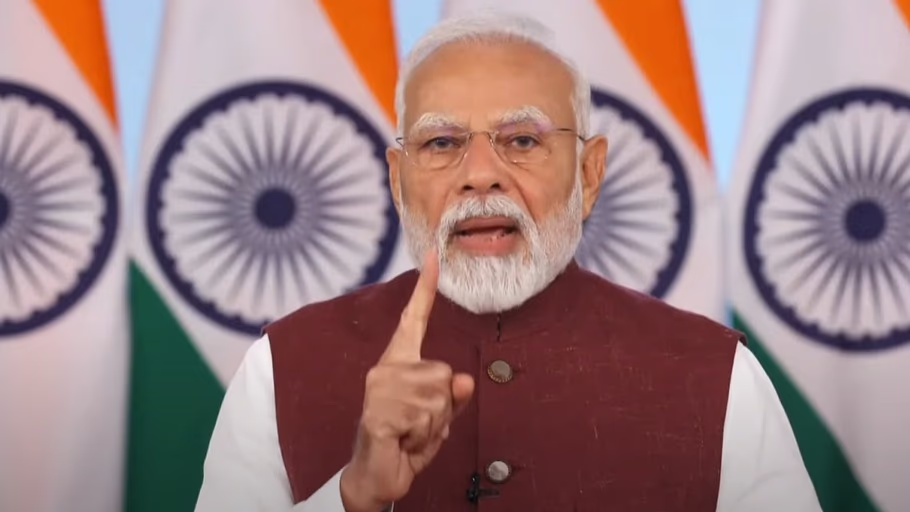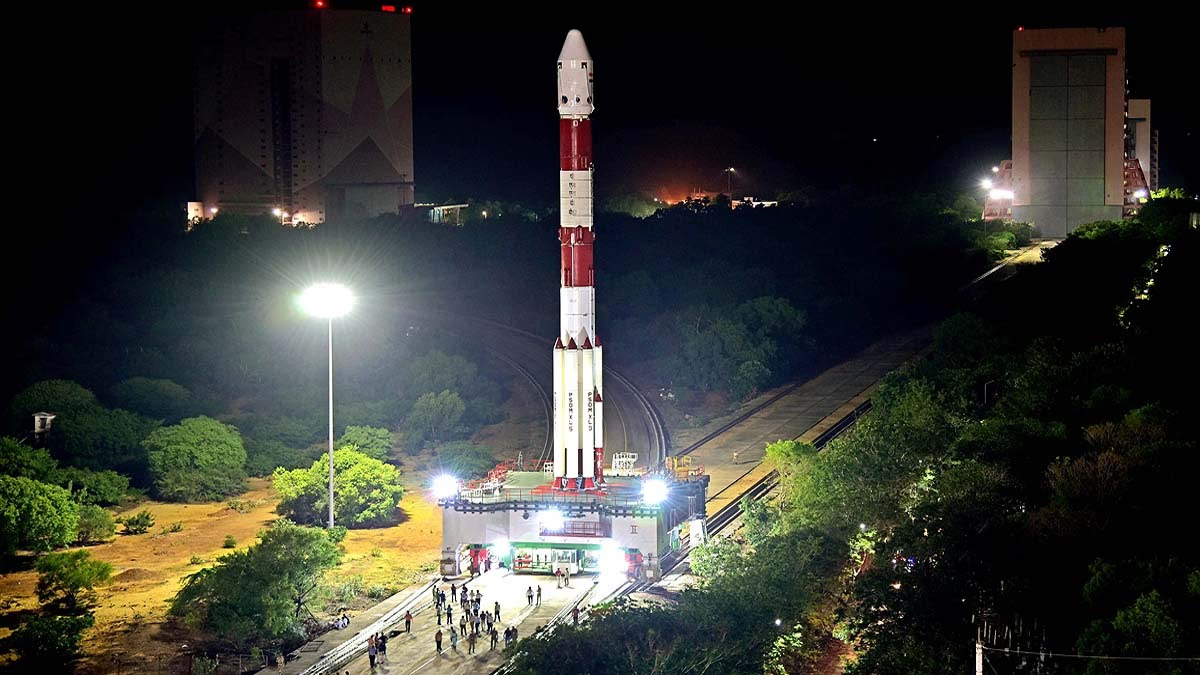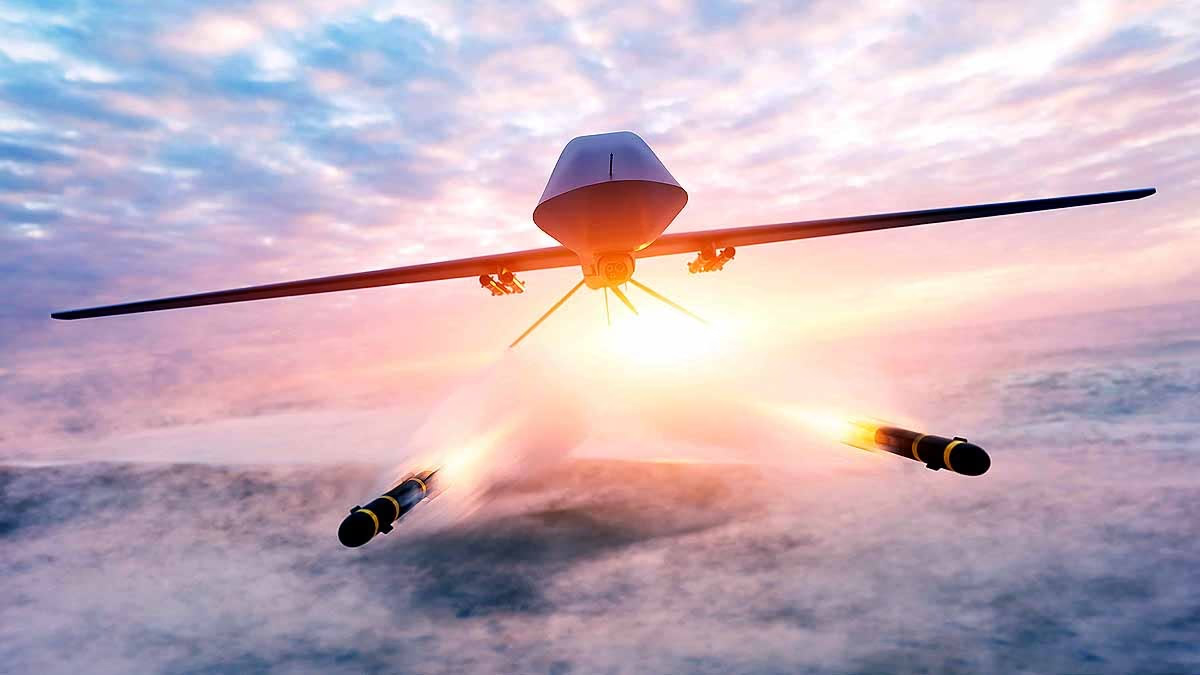On May 10th, the ceasefire between India and Pakistan was being touted by Pakistan as a diplomatic victory. Pakistan claimed that global pressure forced India to retreat. This led to celebrations in Pakistan, with false statements being broadcast by media and political leaders, as people rejoiced in victory parades and firecrackers. However, this scenario posed challenges for Prime Minister Narendra Modi, especially as reactions in India were mixed. The Modi government faced criticism from BJP supporters and former military officials who saw it as an incomplete response to terrorism. Meanwhile, Congress leaders echoed Pakistan's narrative, with Bhupesh Baghel questioning if this was a result of American pressure.
Prime Minister Narendra Modi had been listening and observing this for two days, as is his practice to take note of everything and respond at the appropriate time. Two days after the ceasefire, on Monday, May 12th, PM Modi addressed the nation with a compelling 20-minute speech, emphasizing the success of Operation Sindoor and India's unwavering stance against terrorism, leaving Pakistan in shock. Modi's demeanor was unusually firm as he not only warned Pakistan but sent a message to the US and the world that India would not tolerate terrorism under any circumstances.
While he did not directly mention US President Donald Trump in his speech, he indirectly conveyed that India would not heed any external influence regarding terrorism. Trump had previously tried to balance India and Pakistan regarding the ceasefire, comparing Modi, elected by the Indian people for the third time, with Pakistan’s military-dependent PM Shehbaz Sharif.
As observed, Modi generally engages with tweets from prominent world leaders, regardless of their significance; however, it was notable that he neither reposted nor commented on Trump’s remarks about the ceasefire. In the past two days, he maintained silence on the matter, hinting that he was internally processing his response, which was unveiled in his address to the nation today.
Modi stated that India would only discuss terror and PoK with Pakistan. He accused Pakistan of being a factory of terror, supplying terrorists worldwide. Citing the 9/11 attacks in the US and the London Tube bombings, he emphasized that terrorists hailed from Pakistan, highlighting India's resolve to not tolerate terrorism at any cost, indicating that while the world may stay silent, India will act decisively.
Modi clarified that Operation Sindoor is not terminated, and India’s forces remain vigilant. His expression was stern as he declared that India will not succumb to nuclear blackmail. The ceasefire had sparked narratives that the US managed to convince India to cease hostilities with the threat of Pakistan’s nuclear arsenal. Modi saluted Indian armed forces and set boundaries for Pakistan, simultaneously signaling the US.
Modi asserted that terror and trade, or terror and talks, cannot coexist. This was a direct response to Trump’s earlier statement claiming to mediate between India and Pakistan. Trump had aspired to act as a peacemaker over Kashmir, proposing trade between the nations post-ceasefire. Modi’s clear message indicated to the world that there should be no illusions of acting as a guardian over Pakistan’s terrorism.
Modi praised indigenous weaponry, suggesting that India can now independently secure itself. For the first time, domestic arms emerged pivotal in the success of an operation like Sindoor, particularly the BrahMos missiles, developed jointly with Russia. Although Modi did not mention BrahMos or Russia, he conveyed that India-produced weapons are now definitive in warfare, signaling reduced reliance on countries like the US for modern arms.




